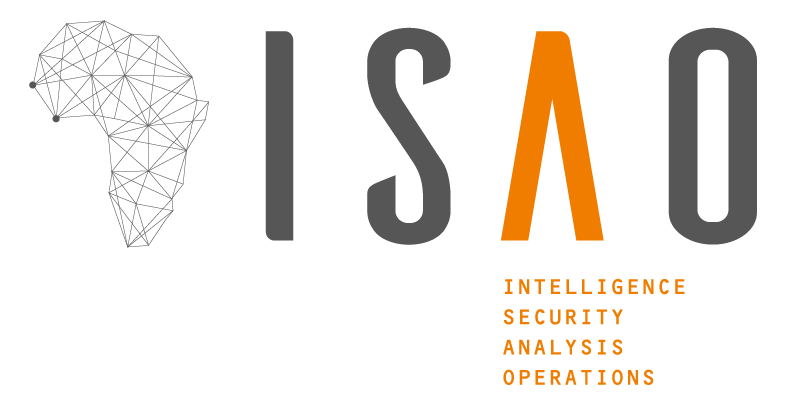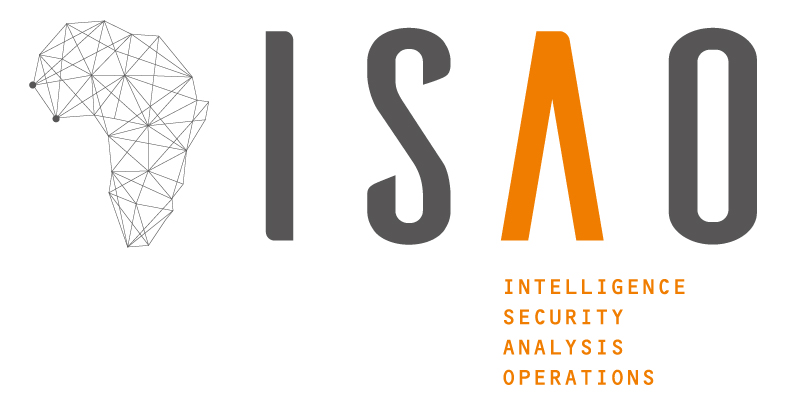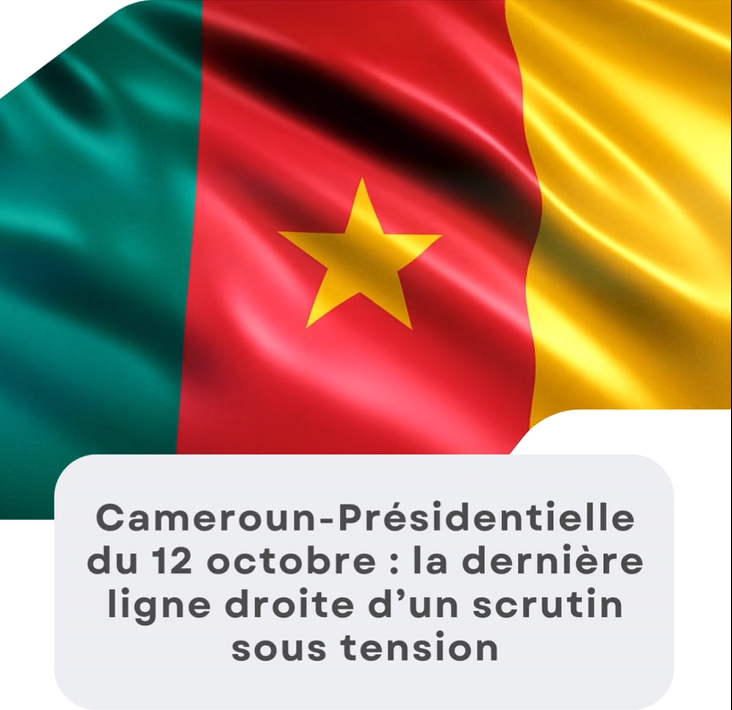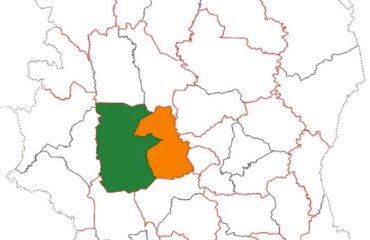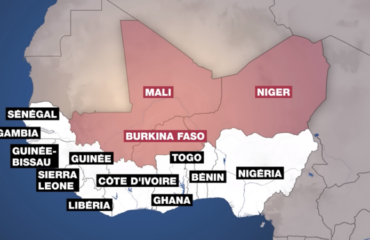One week before voting, Cameroon faces an election laden with symbolic weight. At 92 years old, President Paul Biya — in power since 1982 — is seeking an eighth consecutive term. His re-election would extend his rule beyond four decades.
Eleven candidates appear on the ballot, including two former regime allies: Issa Tchiroma Bakary and Bello Bouba Maïgari, who left government to run for office.
The campaign intensifies: Issa Tchiroma Bakary held a rally in Douala, Joshua Osih (Social Democratic Front) mobilized his supporters in the North, and Cabral Libii, leader of the Cameroon Party for National Reconciliation, addressed his supporters in the Far North.
The Cameroon People’s Democratic Rally, the ruling party, continues its activities without the physical presence of the head of state — though an appearance in Maroua has been mentioned.
Organizationally, Elections Cameroon has announced the establishment of over 30,000 polling stations across the entire territory and at diplomatic missions.
Nonetheless, the opposition denounces a lack of transparency in the publication of the updated electoral roll, citing the creation of new, unannounced polling stations.
Beyond the vote itself, the October 12 election will serve as a moment of truth for both the political elite and institutions, amid intersecting social expectations, questions of succession, and territorial stability.
